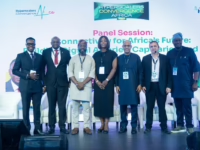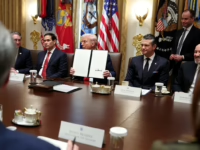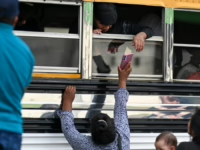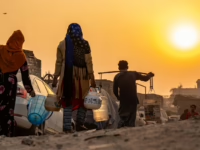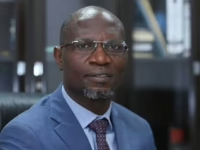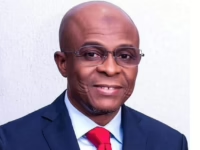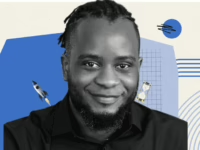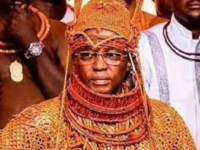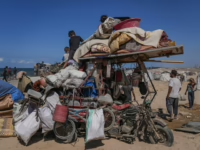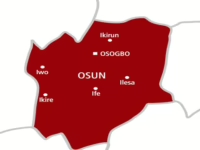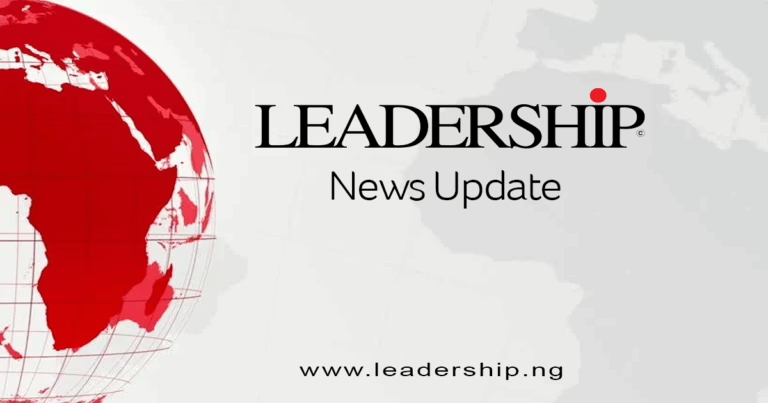María Corina Machado, a prominent Venezuelan opposition figure and advocate for democracy, has been honored with the 2025 Nobel Peace Prize, according to a recent BBC report.
At 58 years old, Machado was lauded by the Nobel Committee as “a remarkable symbol of civilian bravery in Latin America today,” commending her relentless dedication to advancing democratic freedoms for Venezuelans.
For over a decade, she has stood firmly against the administration of President Nicolás Maduro Moros, whose 12-year tenure is widely regarded by the international community as lacking legitimacy.
Notably absent from the list of laureates was former US President Donald Trump, who openly sought the accolade, citing his claims of ending seven conflicts during his term.
The nomination period concluded in January, prompting a White House spokesperson to criticize the decision, stating the “Nobel Committee prioritized political bias over genuine peace efforts.”
During the announcement at the Norwegian Nobel Institute in Oslo, the committee highlighted a global decline in democratic governance.
Machado-who has spent much of the past year in concealment-was recognized for “her unwavering fight to facilitate a peaceful and just shift from authoritarian rule to democracy,” Nobel Committee Chair Jørgen Watne Frydnes remarked.
He described her as “a pivotal and unifying leader within a fragmented opposition, operating under a harsh authoritarian regime currently grappling with severe humanitarian and economic turmoil.”
“Despite facing grave threats to her safety, she has chosen to remain in Venezuela, inspiring countless individuals,” Frydnes added.
Long regarded as a leading voice in Venezuela’s opposition, Machado was disqualified from participating in last year’s presidential race, which resulted in Maduro securing a third six-year term.
The election was broadly condemned internationally for lacking fairness and transparency, igniting widespread protests nationwide.
Even after her exclusion, Machado successfully consolidated the fractured opposition and rallied millions behind Edmundo González, the relatively unknown candidate who replaced her on the ballot.
Following the government-controlled National Electoral Council’s announcement of Maduro’s victory-despite polling station data indicating a decisive win for González-Machado continued her activism from hiding, undeterred by repeated government threats of arrest.
In a video message, Machado expressed humility upon receiving the prize, describing it as “a triumph for an entire society.”
“I am merely one individual. This honor belongs to many,” she stated.
González took to social media to affirm that the award was “a fitting tribute to the enduring fight of a courageous woman and the Venezuelan people for liberty and democracy.”
At a press briefing following the announcement, Frydnes criticized Venezuela’s current regime, noting parallels with global trends.
“We observe the erosion of the rule of law by those in power, suppression of independent media, imprisonment of dissenters, and societies veering toward authoritarianism and militarization,” he said.
While expressing hope that Machado could attend the December ceremony in Oslo, Frydnes acknowledged the precarious security conditions she faces.




